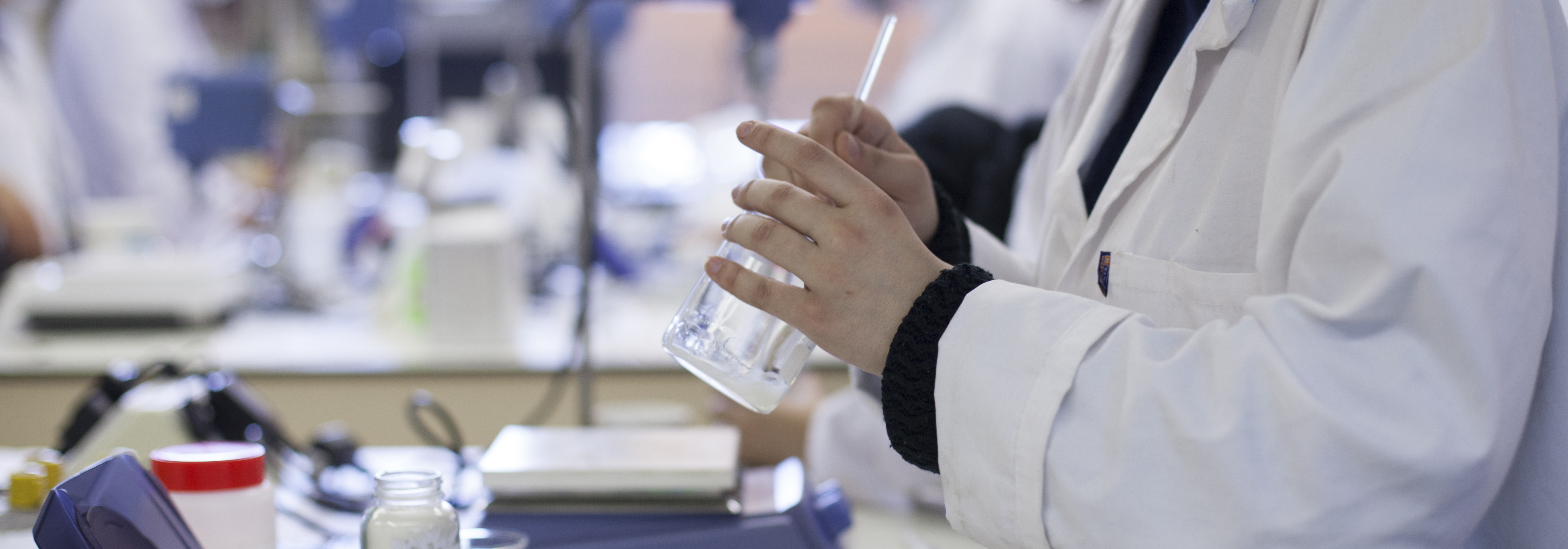In light of recent events, our daily routines have been disrupted due to the Coronavirus outbreak. How much do we really know about it? MSc Cosmetic Science course leader, Diogo Baltazar, has researched COVID19 and has explained the do's and don't's on how we can best protect ourselves. We caught up with him to squash a few misconceptions and find out the truth - soap or hand sanitiser?
It seems the nation has sold out of hand sanitiser. Can we make our own at home?
No, the great majority of people will not be able to make an efficacious hand sanitiser at home, unless they have ethanol above 70º (which I realise most people don't in the UK; if they do, the ethanol itself is a good disinfectant and it's ready to use as a sanitiser). I also do not recommend this, as washing your hands is easier, cheaper, and just as effective.

We've heard the recurring debate - is soap or sanitiser more effective?
Hand sanitiser is not better than soap; if anything, due to the false sense of protection it gives to those that don't understand how it works, for the general public I'd say it's less effective. For example, applying sanitiser with your hands dirty is not as effective.
There are also quite a lot of comments on how the continuous use of sanitiser can dry your hands. Are there any components we should search for in hand creams or moisturisers?
It's true that if you use hand sanitiser very often, it could be drying, due to the ethanol in it extracting some of the fatty components of your skin. Any moisturiser should work fine; of course some are better than others, but it's more a matter of how the formulation works overall for you, not just one or two ingredients. The best ones might not necessarily feel as good, so I'd rather tell people to use something you feel comfortable with, as long as it is a cream/lotion.

How about wearing gloves? Will that protect us?
Gloves shouldn't really be worn by those that have not been trained on how to use them, because the virus survives on the glove material for up to 8 hours. Gloves are generally worn to protect the skin against harmful chemicals, and most of the time, actually to protect what you're manipulating from yourself! Wearing gloves requires you take exactly the same care as if you didn't wear them. Meaning, not touch contaminated surfaces, not touch your face, etc. - professionals that wear gloves always apply sanitiser on them after putting them on (just for context...).
So you would advise we scrap the gloves and just keep washing our hands?
In my opinion, gloves give a false sense of protection in this circumstance because people will comfortably start touching surfaces and forget their gloves are now a source of contamination anyway! People take gloves off and probably forget that they have to wash their hands - this is ultimately why it is pointless in this situation.
My advice is simply, if people are careful with what they touch and wash their hands properly and thoroughly as advised, everything has been covered and you can do no more!
Diogo also recommended the video below, which is a fun and accurate explanation of everything we need to know about Coronavirus.
- Keep up to date with the UAL Coronavirus page.
- Find out more about MSc Cosmetic Science.
- What’s on at LCF: open days and events

